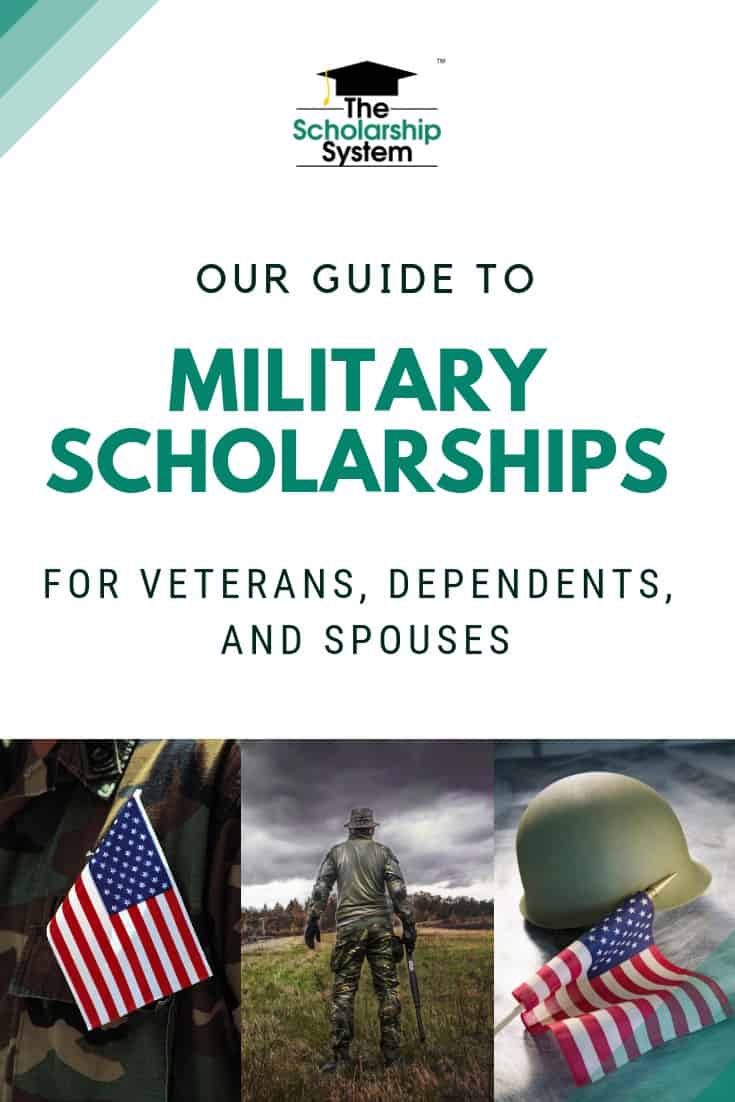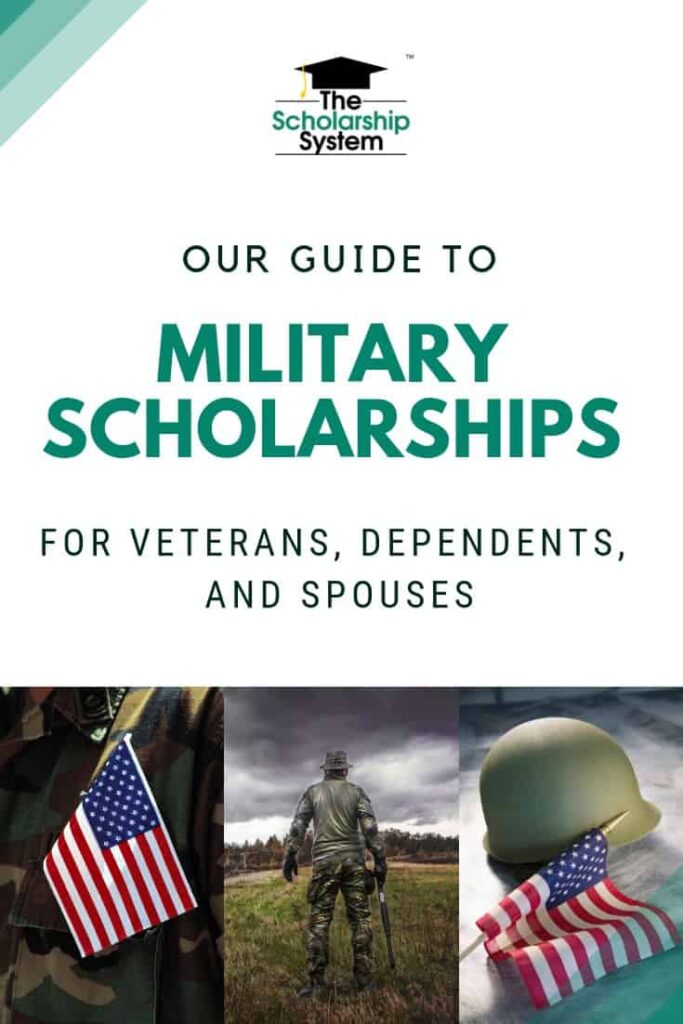Hey there, fellow travelers on life’s winding road. Let me tell you a story. It’s a story about turning the page from one chapter of my life – the military – to another: the pursuit of an education. And let me tell you, that transition, while exciting, came with a huge, looming question mark: how was I going to pay for it all?
I remember standing there, fresh out of uniform, feeling that mix of freedom and a whole lot of uncertainty. The world felt wide open, but also incredibly expensive. College tuition, books, living expenses – it all added up faster than I could salute. My GI Bill was a fantastic starting point, a true blessing, but I quickly realized that for the degree I wanted, and the life I hoped to build, it might not cover everything. That’s when I started hearing whispers, then louder conversations, about something called "scholarships for veterans."
It sounded almost too good to be true, like finding an extra twenty in your old uniform pocket. But I decided to dive in, headfirst, and what I found was more than just financial aid; it was a community, a path, and a whole lot of hope. And if I could do it, I truly believe you can too.
The First Step: Believing It’s Possible
The biggest hurdle for me wasn’t the paperwork; it was the mindset. After years of structured military life, the idea of navigating civilian financial aid seemed like trying to read a map upside down in the dark. I figured scholarships were only for straight-A students or those with some incredible, heartwarming story. I was just… me. A veteran trying to figure things out.
But here’s the thing I learned: scholarships for veterans aren’t just about grades or dramatic tales. They’re about recognizing the immense value, discipline, and unique experiences that service members bring to the classroom and the world. They’re about investing in people who have already invested so much. Once I truly understood that, the search became less daunting and more like a mission.
Where to Begin Your Scholarship Hunt
So, where did I even start? It felt like looking for a needle in a haystack, but with a bit of strategy, that haystack started to shrink.
-
Your School’s Financial Aid Office: This was my first real stop after the VA. These folks are often veterans themselves, or have dedicated staff who understand the specific needs and benefits available to us. They know about institutional scholarships, local programs, and often have lists of external opportunities. Don’t be shy – walk in, make an appointment, and ask every question you have. I learned about several smaller, university-specific scholarships this way that I never would have found online.
-
Veteran-Specific Organizations: This is a goldmine. There are countless non-profit organizations dedicated to helping veterans transition and succeed in higher education. Think about groups like:
- Student Veterans of America (SVA): Not just a great community, but they often share scholarship opportunities.
- Veterans of Foreign Wars (VFW) and American Legion: These long-standing organizations often have local and national scholarship programs.
- Smaller, Niche Non-Profits: I found some really specific ones, like organizations supporting veterans in certain fields (like healthcare or engineering), or those helping Gold Star families, or even those focusing on veterans from specific conflicts or branches of service. A simple Google search for "veteran scholarships [your branch/state/field of study]" can unearth surprising results.
-
Online Scholarship Search Engines: Yes, they exist for veterans too! Websites like Fastweb, Scholarship.com, or even the VA’s own education benefits pages can be filtered to show opportunities specifically for veterans. Be prepared to spend some time sifting through these – it’s a bit like online shopping, but for money you don’t have to pay back!
Navigating the Application Labyrinth
Okay, finding the scholarships is one thing. Applying for them is another. This is where many people, myself included, felt a little overwhelmed. But trust me, it’s manageable if you break it down.
-
The Essay: Your Story is Your Superpower. Almost every scholarship requires an essay. This isn’t a military brief; it’s a chance to tell your story. What did you learn in the service? How did it change you? How will this education help you continue to serve, or build a new future? Don’t just list your accomplishments; show how those experiences shaped your character, your work ethic, and your goals. I wrote about how my time overseas taught me resilience and adaptability – skills I knew would be crucial in my studies.
-
Transcripts and Recommendations: Make sure you have access to your military transcripts (like the JST – Joint Services Transcript) and any college transcripts you might have. For recommendations, think about professors, former supervisors (military or civilian), or mentors who know you well and can speak to your character, dedication, and potential. Ask them early, and give them all the information they need about the scholarship.
-
Attention to Detail: Read the instructions carefully. Then read them again. Missing a deadline, forgetting a signature, or not answering the prompt fully can get your application tossed. Think of it like a pre-deployment checklist – thoroughness matters!
Beyond the GI Bill: A World of Opportunities
While the GI Bill (Post-9/11 or Montgomery) is foundational for many of us, it’s just the tip of the iceberg. I discovered scholarships that covered:
- Specific Fields of Study: If you’re going into nursing, engineering, education, or even the arts, there are often dedicated scholarships for veterans in those fields.
- Location-Based: Many state governments, local community organizations, and even specific cities offer scholarships for their resident veterans.
- Need-Based vs. Merit-Based: Some scholarships consider your financial need, while others focus on your academic achievements, leadership potential, or community involvement. Don’t self-select out – apply for both!
- Disability-Specific: If you have a service-connected disability, there are organizations focused on supporting your educational journey.
- Spouses and Dependents: Don’t forget that many organizations extend their support to military spouses and children. If you’re reading this as a veteran, remember to tell your family about these possibilities too!
My Top Tips for a Successful Scholarship Journey
Looking back, here are the lessons I wish someone had laid out for me from the start:
- Start Early, Apply Often: Scholarship deadlines are spread throughout the year. Don’t wait until the last minute. The more scholarships you apply for, the better your chances.
- Tailor Your Application: Don’t use a generic essay for every scholarship. Research each organization, understand their mission, and subtly weave that understanding into your essay. Show them why you are a good fit for their specific award.
- Proofread Everything: Seriously. A fresh pair of eyes can catch mistakes you’ve read over a dozen times. Ask a friend, family member, or your school’s writing center for help.
- Keep a Spreadsheet: It sounds nerdy, but track every scholarship you apply for: the organization, the deadline, what you submitted, and the outcome. This keeps you organized and sane.
- Don’t Give Up: I got more rejection letters than acceptance letters. It stings, but it’s part of the process. Each "no" just brought me closer to a "yes." Persistence is a skill we learned well in the military – apply it here.
The Unexpected Benefits: Community and Connection
Beyond the financial relief, applying for and receiving scholarships opened up another world for me. It connected me with other veterans who were on similar paths, with mentors who understood the unique challenges of transitioning, and with organizations that truly cared about my success. These connections provided not just networking opportunities, but a sense of belonging that I sometimes missed after leaving the service. It reminded me that even out of uniform, I was still part of a larger, supportive team.
Your Mission, Should You Choose to Accept It…
Transitioning from military life to academic life is a big leap, but it’s one you’re incredibly prepared for. You’ve faced challenges, learned discipline, and developed skills that most traditional students can only dream of. Don’t let the cost of education be the barrier that holds you back from your next great chapter.
Take that first step. Do your research. Write your story. And keep pushing forward. There’s a world of support out there, waiting to invest in you. You’ve earned it. Now go get it.



